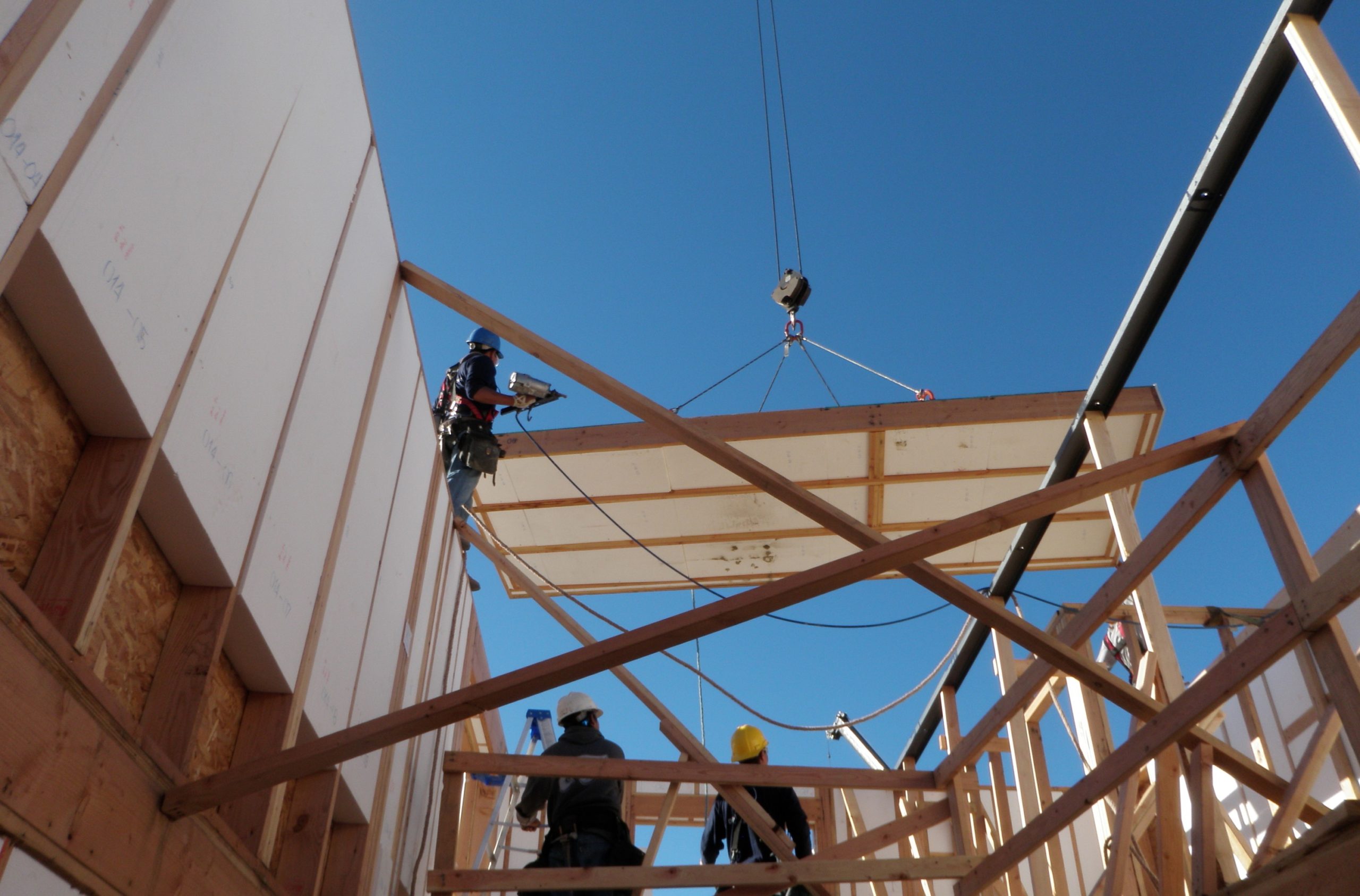Author: Stacey Hobart
U.S. DOE announces support for national program on advanced water heating to cut carbon emissions and energy use
Post / May 21, 2021
Clothes washer, shower, kitchen sink. These are the places where hot water lives. In fact, water heating accounts for a large share of energy use in buildings—up to 32% in single-family and multifamily homes. Today, the U.S. Department of Energy...

Carbon a Key Focus at ACEEE’s Summer Study on Energy Efficiency in Buildings
Post / November 4, 2020
Every other year, the American Council for an Energy-Efficient Economy (ACEEE) welcomes energy industry professionals from around the country to its Summer Study on Energy Efficiency in Buildings. Centered around the theme, “Efficiency: The Core of a Clean Energy Future,”...

Electrification Nation?
Post / July 29, 2020
Natural gas, once the darling to replace carbon-intensive coal in electricity production, is increasingly being recognized as a significant cause of greenhouse gas (GHG) emissions that are fueling climate change. The main component of natural gas is methane, which when...

Local Governments Vote Resoundingly for Improved National Energy Codes
Post / December 20, 2019
Preliminary voting results on the 2021 International Energy Conservation Code (IECC) are in! The outcome of over a year of effort to update the national model energy code was released yesterday and is estimated to bring at least 10% better...
A Must Read: Landreneau’s Roadmap for Cleaner, Stronger Buildings that Help Solve the Climate Crisis
Post / October 30, 2019
Reducing carbon pollution and improving resilience in residential and commercial buildings across the United States was the topic of a House Select Committee hearing on the climate crisis last month. The hearing, “Solving the Climate Crisis: Cleaner, Stronger Buildings,” featured...
Building Market Titans Team Up to Create a New Energy Future
Post / May 28, 2019
Earlier this month, the Mauna Loa Observatory in Hawaii recorded carbon dioxide levels that surpassed 415 parts per million. That’s the highest level in recorded human history. As the potentially devastating impacts from carbon-fueled climate change loom, many cities and...
McDonald’s Study Explores Idea of a Net Zero Energy Quick Service Restaurant
Post / March 16, 2015
A recently released study looks at the technical and financial feasibility of achieving new net zero energy restaurants in three cities including Chicago, Illinois, Orlando, Florida, and Washington, D.C. The study, commissioned by McDonald’s Corporation, was conducted by Rocky Mountain...
Northwest cities get help from NEEA to address worst performing buildings
Post / November 20, 2014
Existing buildings with aging equipment and infrastructure represent a tremendous opportunity for energy savings. But, without a mechanism to identify inefficient buildings and prioritize budgets for upgrades, it’s difficult to know where to start. Under a pilot program, funded by...
Persuasive Communications and Building Codes
Post / August 6, 2014
NBI is deeply involved in energy code development in the commercial sector, including pursing an Outcome-Based Compliance Path for the 2015 IgCC. With more than half of U.S. states still with outdated building energy codes, employing the power of persuasive...
